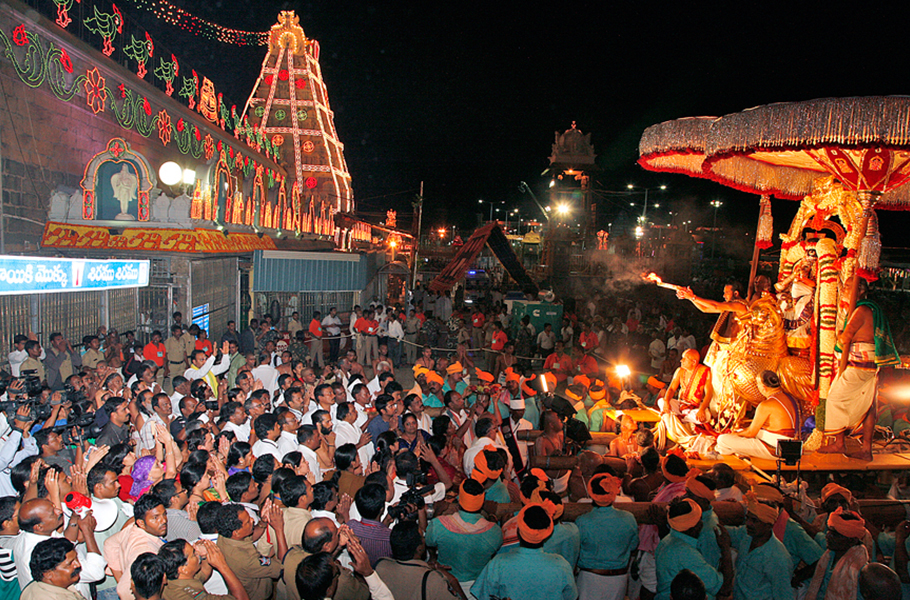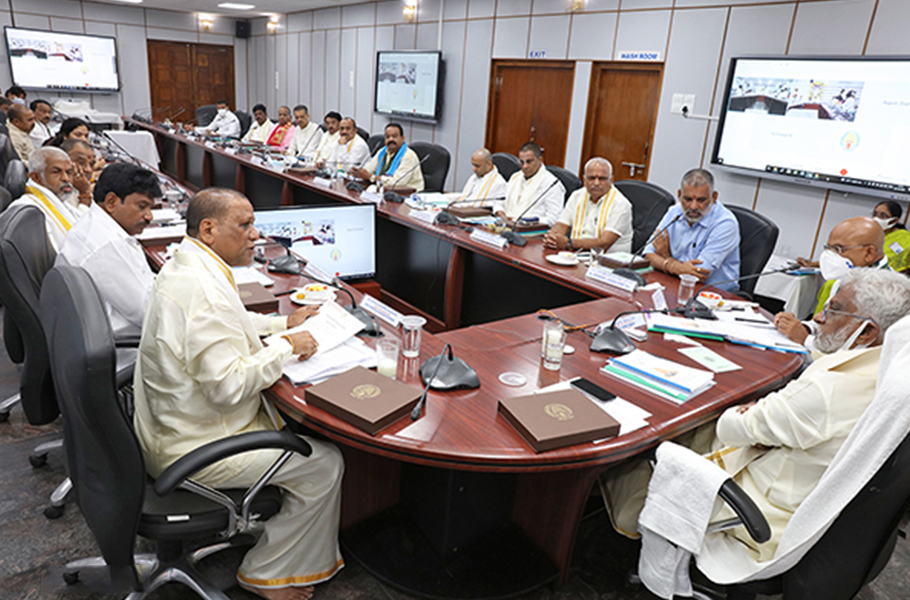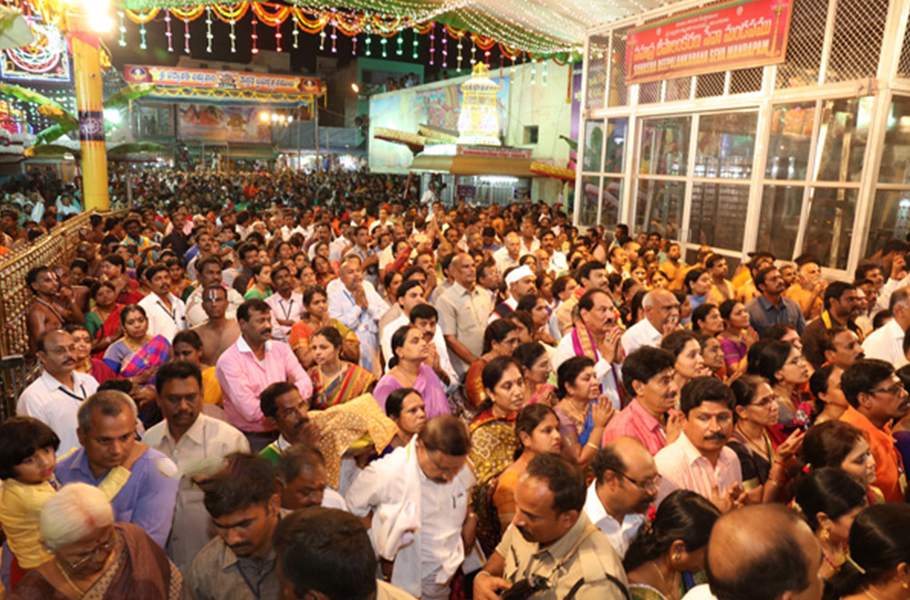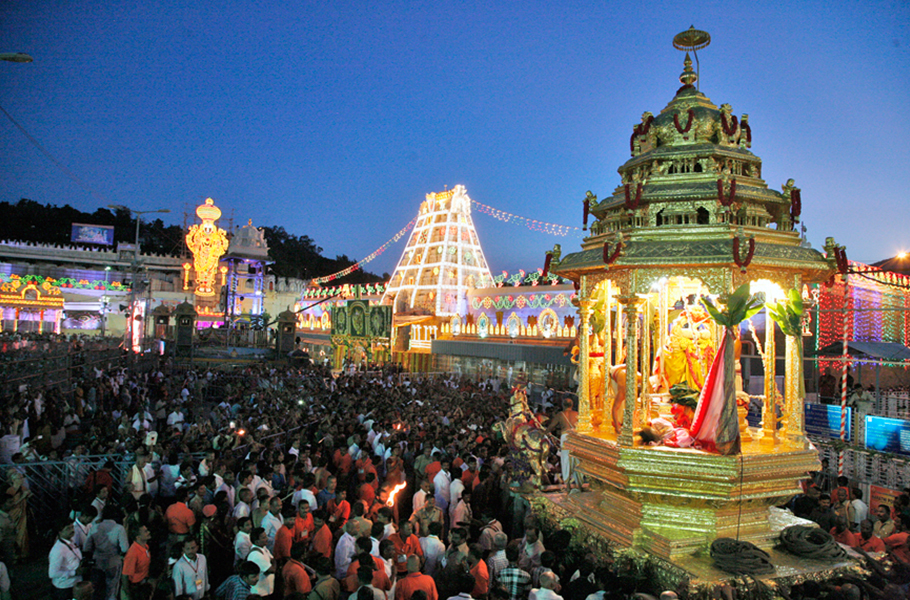
- Home
- India
- World
- Premium
- THE FEDERAL SPECIAL
- Analysis
- States
- Perspective
- Videos
- Sports
- Education
- Entertainment
- Elections
- Features
- Health
- Business
- Series
- In memoriam: Sheikh Mujibur Rahman
- Bishnoi's Men
- NEET TANGLE
- Economy Series
- Earth Day
- Kashmir’s Frozen Turbulence
- India@75
- The legend of Ramjanmabhoomi
- Liberalisation@30
- How to tame a dragon
- Celebrating biodiversity
- Farm Matters
- 50 days of solitude
- Bringing Migrants Home
- Budget 2020
- Jharkhand Votes
- The Federal Investigates
- The Federal Impact
- Vanishing Sand
- Gandhi @ 150
- Andhra Today
- Field report
- Operation Gulmarg
- Pandemic @1 Mn in India
- The Federal Year-End
- The Zero Year
- Science
- Brand studio
- Newsletter
- Elections 2024
- Events
- Home
- IndiaIndia
- World
- Analysis
- StatesStates
- PerspectivePerspective
- VideosVideos
- Sports
- Education
- Entertainment
- ElectionsElections
- Features
- Health
- BusinessBusiness
- Premium
- Loading...
Premium - Events

What’s riding on Jagan Reddy’s jumbo-sized temple trust

On July 19, Hyderabad-based businessman Srinivas Prasad Moturi walked into the Tirumala temple with a suryakataari (sword) in his hand. Next day, his photographs were splashed across newspapers. For, the sword in Moturi’s hand was especially crafted with nearly six kilograms of gold which he offered to lord Venkateswara. In 2018, Tamil Nadu-based textile trader and a devotee, Thanga...
On July 19, Hyderabad-based businessman Srinivas Prasad Moturi walked into the Tirumala temple with a suryakataari (sword) in his hand. Next day, his photographs were splashed across newspapers. For, the sword in Moturi’s hand was especially crafted with nearly six kilograms of gold which he offered to lord Venkateswara.
In 2018, Tamil Nadu-based textile trader and a devotee, Thanga Dorai, had offered a similar sword to the officials of Tirumala-Tirupati Devasthanom (TTD) Board.
It’s such vast reserves of gold and wealth that make the TTD a much-coveted institution.
So, when YS Jagan Mohan Reddy-led Andhra Pradesh government last month appointed a jumbo trust with 29 members and 50 special invitees, it kicked off a fresh hell for the chief minister already mired in controversies over TTD management.
In 2019, Bharatiya Janata Party’s Rajya Sabha MP Subramanian Swamy filed a petition at the Andhra Pradesh High Court seeking orders to ‘liberate’ the Sri Venkateswara Swamy temple at Tirumala from the Andhra Pradesh government’s control. Swamy’s 2019 plea described the TTD Board, which oversees the management of the temple, as a body filled with nominees of the political executive and alleged irregularities in the handling of the temple’s wealth.
Swamy even sought a Comptroller and Auditor General of India (CAG) audit of TTD’s funds. Jagan Reddy, who had just taken over office as Andhra chief minister, agreed to the audit. Walking the talk, in September 2020, Reddy handed over the responsibility for the audit of its accounts to the CAG. A year later, with 50 special invitees to the TTD Board, Reddy now stands accused of deeper politicisation of the board. Although the decision has been stayed by the Andhra Pradesh High Court in the face of petitions, the decision has nevertheless raised questions over Reddy government’s intention.
The Tirupati Tirumala temple is one of the richest in the world with an estimated annual revenue of Rs 2,937.82 crore for 2021-2022. The temple’s treasure trove includes gold reserves of over 9,000 kilograms.
From charges of corruption and financial irregularities to complaints about violation of traditional rituals, the board has often found itself mired in controversies. The TTD Board has even faced allegations of misappropriation of jewellery.
In August 2020, a controversy erupted when the TTD Board resolved to invest a portion of its fixed deposits parked in banks in government securities. Citing fall in rate of interest as the reason, the TTD board passed a resolution to transfer Rs 5,000 crore out of its total deposits of Rs 12,000 crore to government securities. Following a huge public outcry, the board immediately went back on the move.
The same year the TTD Board faced backlash following its decision to sell 23 of its immovable properties. On the pretext of paucity of funds, the TTD Board had decided to auction properties located at various places in Andhra, Tamil Nadu, Uttarakhand, among others. Once again in the face of a public backlash, the TTD Board reversed the order.
Many smaller issues like the opening of canteens to serve traditional food on a cost-to-cost basis at Tirumala, Reddy casteism, etc have cropped up sullying the image of TTD and the government.
You can't add multiple timelines in the same post, page or custom post type.
In the line of fire currently is the Reddy quartet which comprises chief minister Jagan Reddy, chairman SV Subba Reddy, executive officer KS Jawahar Reddy, all-powerful additional executive officer (EO) AV Dharma Reddy. The allegation is that the TTD Board has become a den of the Reddys. Subba Reddy, who happens to be Jagan’s maternal uncle, was given the opportunity to serve a second term as chairman this August.
Jagan’s jumbo board
The Jagan government added to the controversies with the appointment of 50 people — many of them rich and influential businessmen — as special invitees to the coveted TTD Board. Appointment of special invitees is an unprecedented concept for the board.
The Board now has 29 permanent members that include five ex-officio members. Another 10-12 officials who work in different capacities with TTD also attend the meetings. The latest addition of special invitees takes the board’s tally closer to 100.

The government order on the special invitees signed by Vani Mohan, principal secretary to the government said, the TTD has a vast area of administration to take care of which spans across fields of development works, engineering, finance, accounting, marketing, media, and publication, forestry, water supply, and human resources management. The scale and scope of these activities necessitate the inclusion of special invitees who are experts from various fields.
Stating that the decision to appoint special invitees to the Board was carefully examined and deliberated upon, Mohan said that the government found it necessary to appoint special invitees to TTD in order to further the spirit of the Act and to improve upon the welfare of the devotees.
Board’s clout
All members of the board, notwithstanding in what capacity they are associated with the board, enjoy enormous clout as far as darshan (temple visit by devotees) is concerned. Since every member is authorised to give several recommendation letters for darshan, the jumbo board is bound to issue thousands of such letters, which is expected to cause great inconvenience to the ordinary devotees, who already wait for seven-24 hours for darshan.

Since abuse of power and position is common in Tirumala, many fear that the jumbo committee may worsen the situation. There have been instances earlier when members were found to be selling letters for lakhs.
Knowing fully well that the ridiculously large board would only add to the nuisance, critics question, why has CM Jagan’s government issued a GO creating a new category ‘special invitees’ to the board?
Hidden agenda suspected
Questions are being asked about what has prompted Jagan Reddy’s repeated mistakes in managing the TTD Board. Some have pointed at his faith. Jagan Reddy’s detractors have often used his faith to brand him anti-Hindu. The Opposition has blamed him for the recent desecration of temples in Andhra Pradesh and alleged that the acts of vandalisation have his tacit approval.
While the right lobby targets Jagan’s Christian background and alleges that he wants to destroy TTD as a Hindu religious institution to promote a Christian agenda, the Left smells an attempt to make TTD a club of wealthy friends and relatives to further Jagan’s political and business interests.
IYR Krishna Rao, former chief secretary, who has also served as TTD executive officer in the past, suspects a hidden agenda. “It cannot be unintentional. Politics in the board has been the norm because the board is appointed by the government. What is important is the attitude. Chief minister Jagan is under the impression that he can do anything with Hindu religious bodies. One has to think over if these decisions are driven by a religious agenda,” Rao, who is now in the BJP, told The Federal.
The TTD Board is a politically chosen body. What sets apart the present one is the lack of faith, Rao said.
Another former executive officer, who doesn’t want to be named, said, deterioration of the TTD has been a continuous process. “It is difficult to pinpoint the origin of the blight. Now it has become a full-blown threat,” he added.
An activist from Tirupati offers a caste angle, saying Reddy casteism is dominating appointments in TTD which is bound to dilute the spiritual element in the temple administration.
Club of relatives and friends
Centre of Indian Trade Unions leader Kandarapu Murali dismisses the charge of any ‘Christian agenda’. Murali, who has been working among the TTD employees for decades, said Jagan is trying to exploit the craze for TTD positions among the industrialists and businessmen to promote his personal and political interests.
Citing the appointment of Bengaluru Yelahanka MLA SR Viswanath to the board, Murali said it was part of his personal agenda. “Jagan has a palatial residence in Yelahanka and needs someone to take care of his property interests there. So, local MLA Viswanath fits the bill and he was made the board member,” Murali said.
Recent phenomenon
Political controversies are a recent phenomenon and were rarer before the emergence of Telugu Desam Party (TDP) as a potent political force.
As the temple’s wealth, and consequently the clout, grew, so did the politicisation of the TTD Board, said Chandrasekhar Kalkura, a lawyer and an Udupi Brahmin devotee.
NTR and the politicisation of TTD
It was chief minister NT Rama Rao, who heralded the era of TTD Board’s politicisation with the appointment of his party MLA VKDV Satyanarayana Raju as the chairman of the board in 1983. The trend was carried forward by successive Congress chief ministers.
Breaking away from the past when ‘able’ civil servants and patrons of temples were appointed chairmen, all ruling parties used the TTD Board as the sanctuary for politicians of their choice.
The fact that out of the 24 chairmen appointed by the Congress, TDP, and YSRC governments between 1983 and 2021, 21 were ruling party leaders, shows the extent of politicisation of the institution. Though Venkataswamy Naidu, the first to take charge as chairman of the TTD Board, after the passage of the TTD Act of 1951, was a politician (MLC), the practice did not exist between 1951 and 1983.
In the recent past, the post of chairman was dangled for political defectors, to rehabilitate political leaders and as a quid pro quo for the financial support extended to the party. Now, as inducting everybody is not possible, Jagan Mohan is accused of choosing to create a new window to accommodate more people as special invitees.
How politics shaped TTD’s administration
The expansion of the board from a seven-member committee in 1933 to the current board stands testimony to how TTD was coerced to subserve the interests of parties in power. In 1933, when the board was freed from the mahants’ control – which lasted from 1843 to 1933 – through an Act, the committee consisted of only seven members with a fixed tenure of three years. The bill was opposed by many as legislative interference in religious matters. The 1933 Act was in force until September 29, 1951, when the Madras Hindu Religious and Charitable Endowments Act 1951 replaced it.
The new Act placed the TTD in the hands of a board of trustees consisting of five members. Later, TTD came under a board consisting of ‘not more than 11 members by a new Act called AP Charitable and Hindu Religious Institutions Act- 1966’. The Act had reserved three seats for legislators, one for SCs and one for women.
In 1979, a new TTD Act vested the administration in a smaller committee consisting of a chairman and two members. This small committee started to grow in size with the formation of every new government in the state after 1983.
With the expansion of politics following the rise of the TDP, industrialisation of the state, ever-increasing electoral spending, the board also needed to be expanded to accommodate varied interests.
By 2015, the board had gradually reached a size of 19 members. Upon assuming office in 2019, Jagan Reddy increased the strength from 19 to 29 members and now over 90.
Temple under East India Company
Critics also point out that compared to the present-day rulers, the East India Company, which reportedly made the first attempt to streamline the Tirupati temple administration through a set of rules called the Bruce Code, was remarkably fairer.
In 1843, the Tirupati temple administration was handed over to Sri Hathiramji Mutt by the British as they saw distancing from Hindu religious bodies as a prudent policy.

According to Dr Koutha Nimala Kumari, a historian and author of History of Hindu Religious Endowments in Andhra Pradesh, East India Company, after it secured Nellore, South, and North Arcot districts (which include Tirupati from Nawab of Arcot in 1801), took great care to not disturb the traditional arrangements in Tirupati and other temples.
As the successor of the Hindu and Muslim rulers, she writes, the East India Company formulated Regulation VII in 1817 for the effective management of religious institutions, following complaints from the public.
(The author is a senior journalist based in Hyderabad.)
